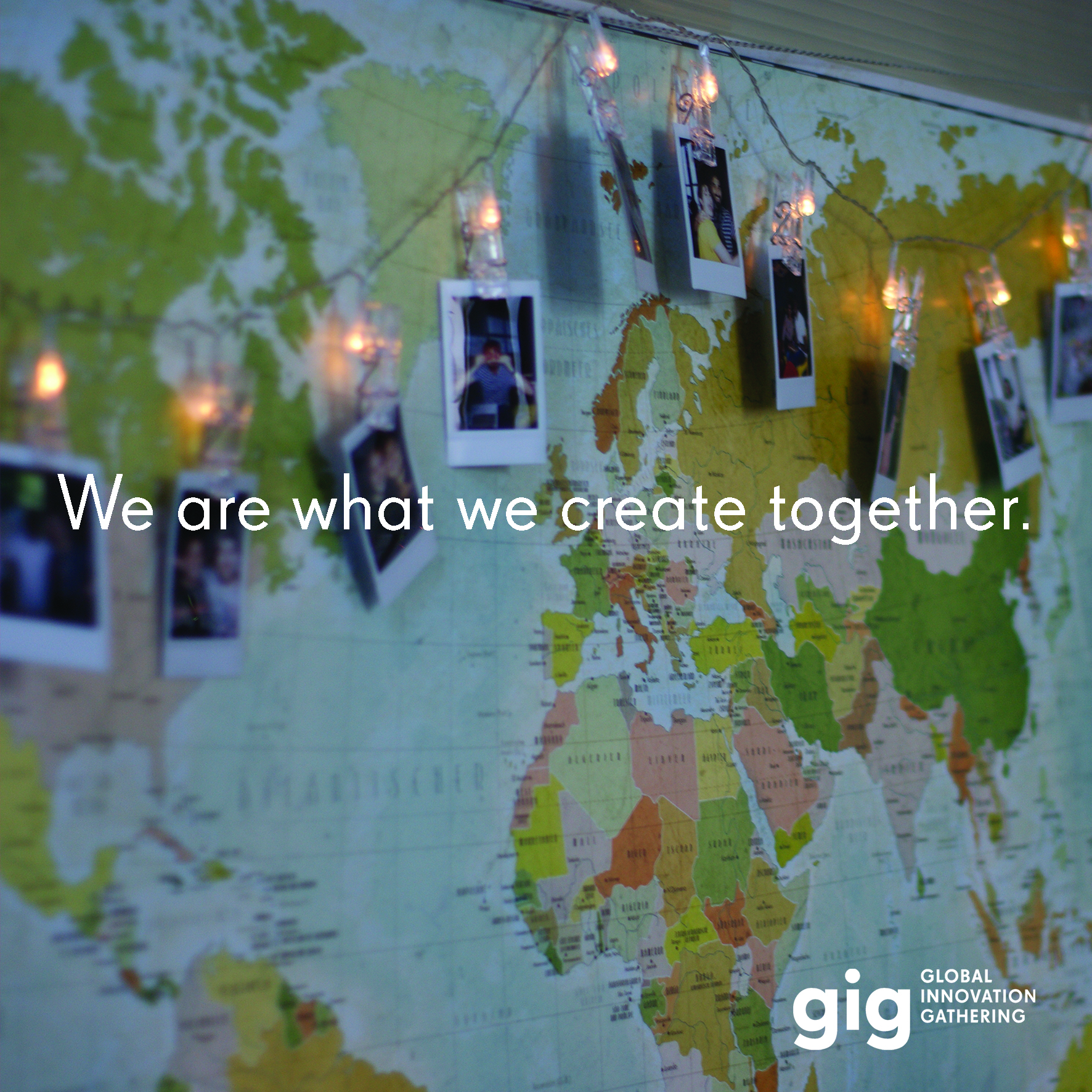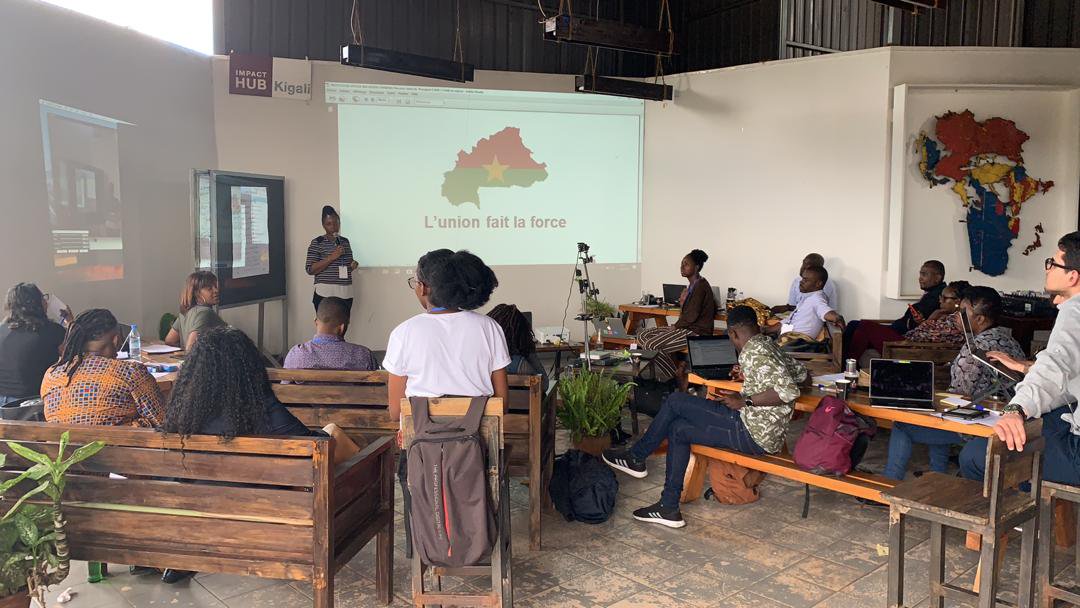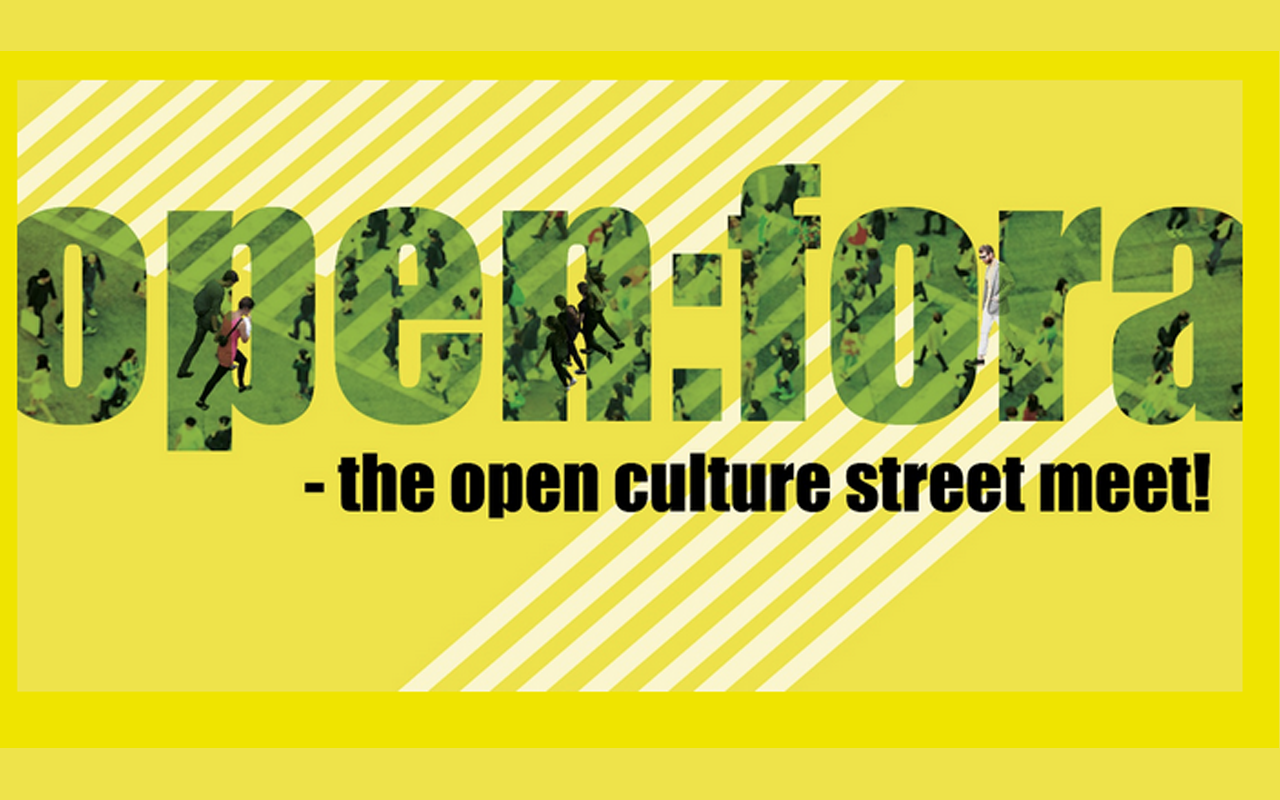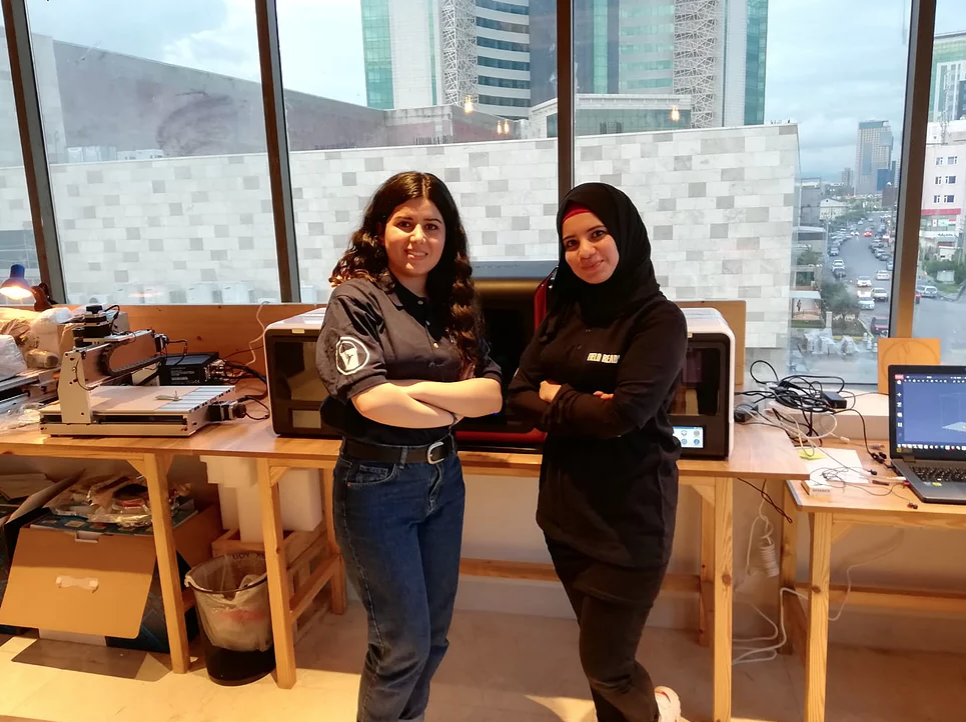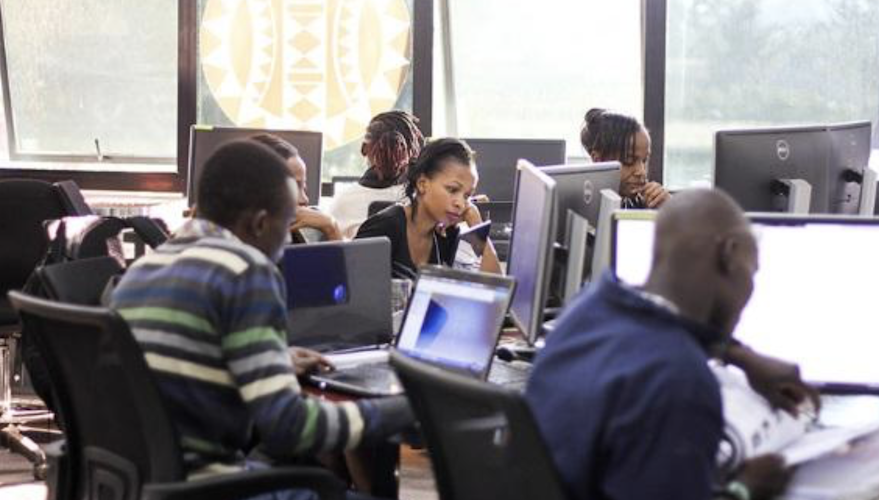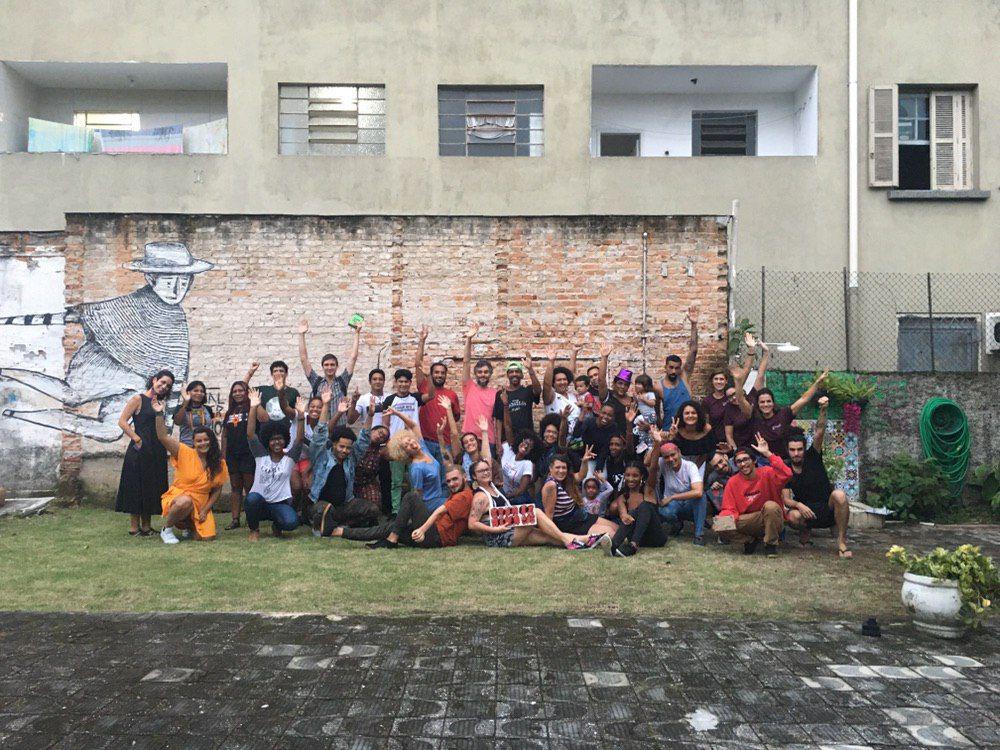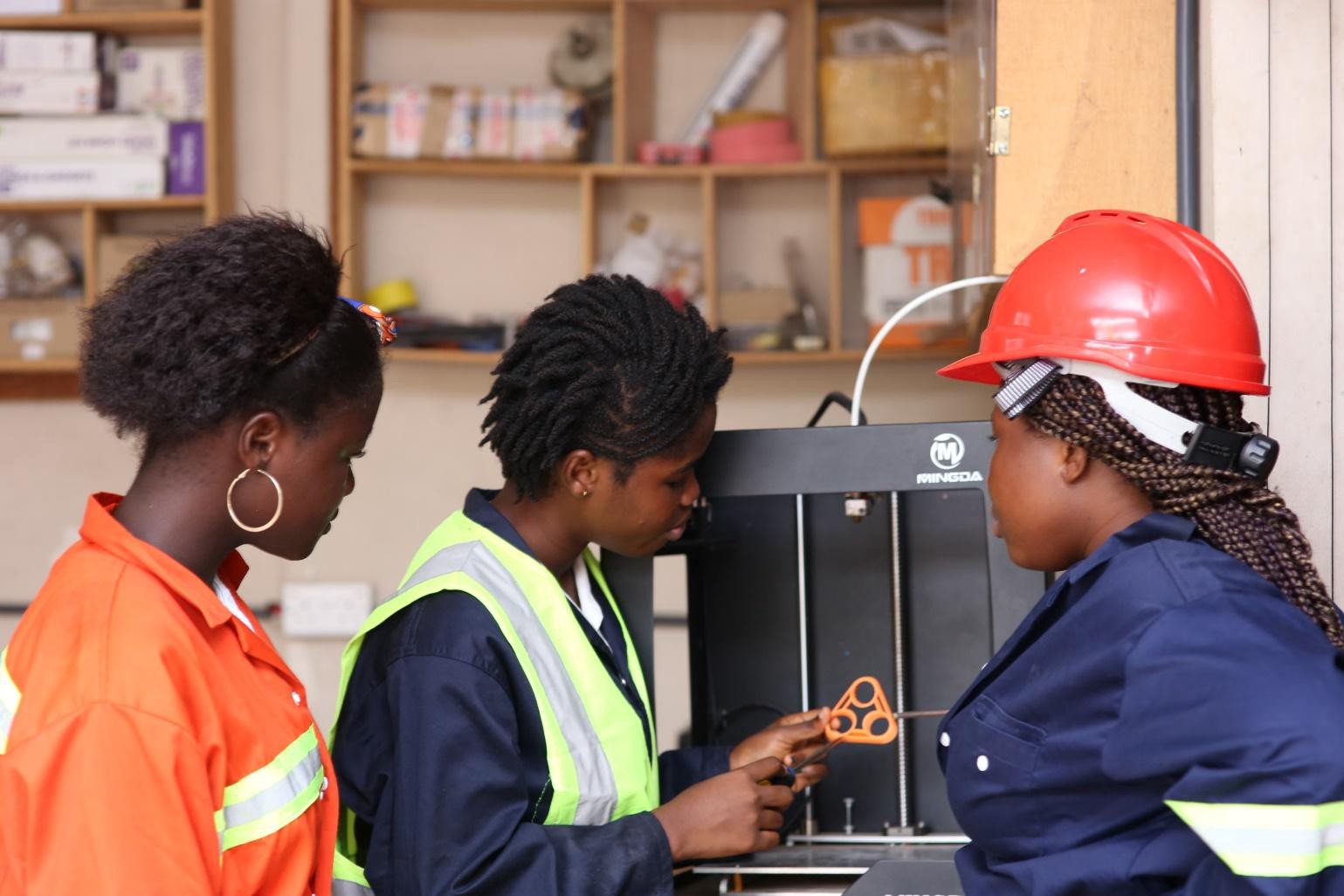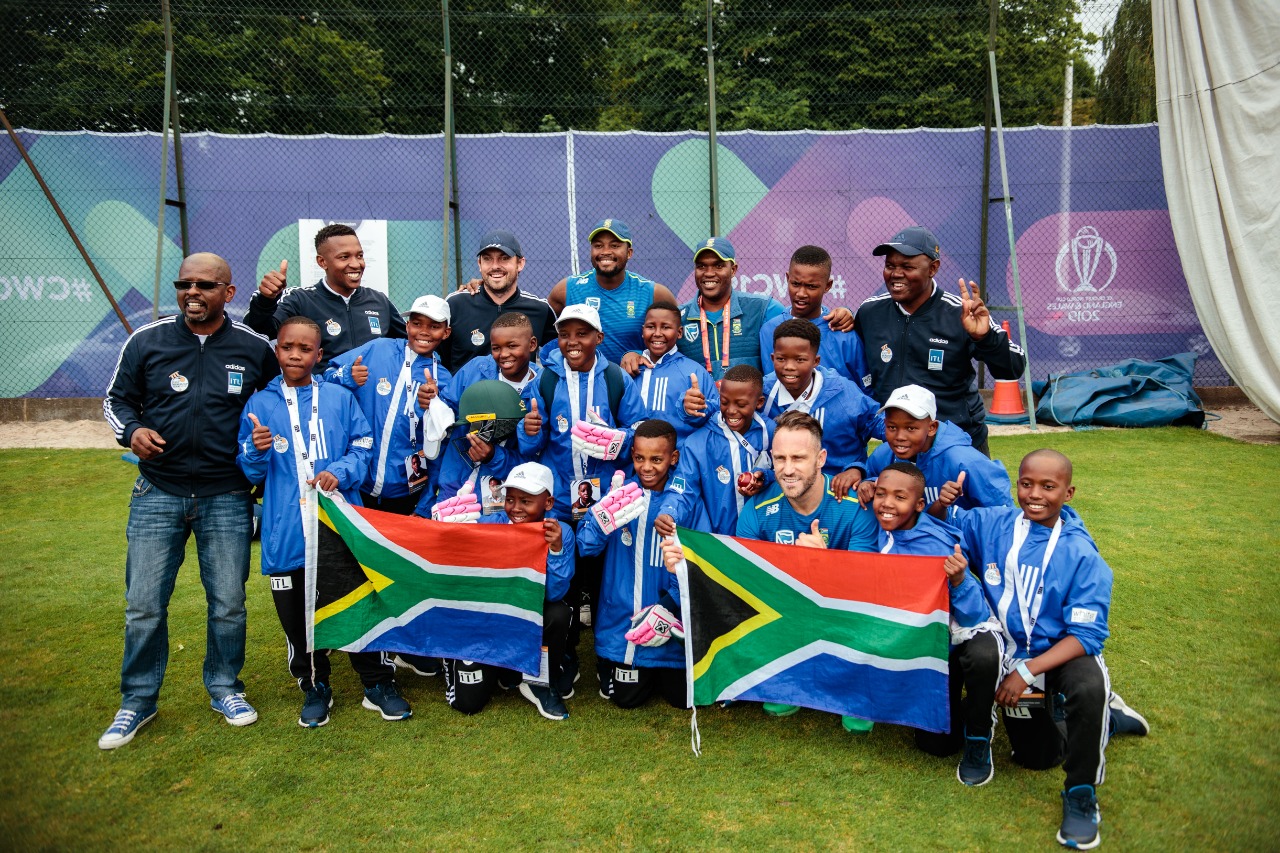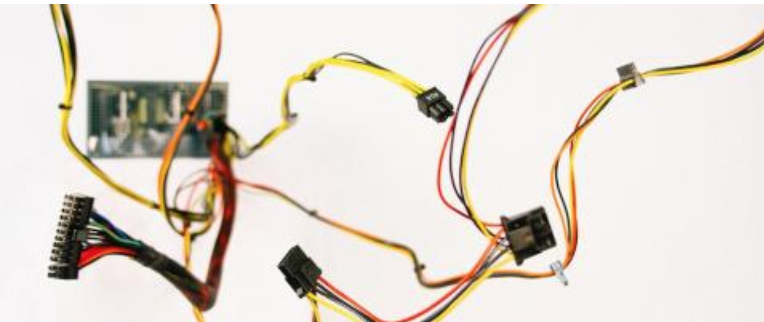
Climate Laboratory in Baixada Santista
The LABxS promoted on the Global Climate Strike week a laboratory of ideas and technologies to address climate change in the Baixada Santista region in the bay area of São Paulo.
Thirty participants were selected through an open call, who will work collectively to develop three prototypes aimed at building more sustainable cities.
The action is a collaboration with the United Nations Museum, UN Live and the MY MARK: MY CITY initiative, and the British Council.
You can follow the project through the hashtag #mymarkmycity on Procomum Institute channels on facebook and twitter.
...

